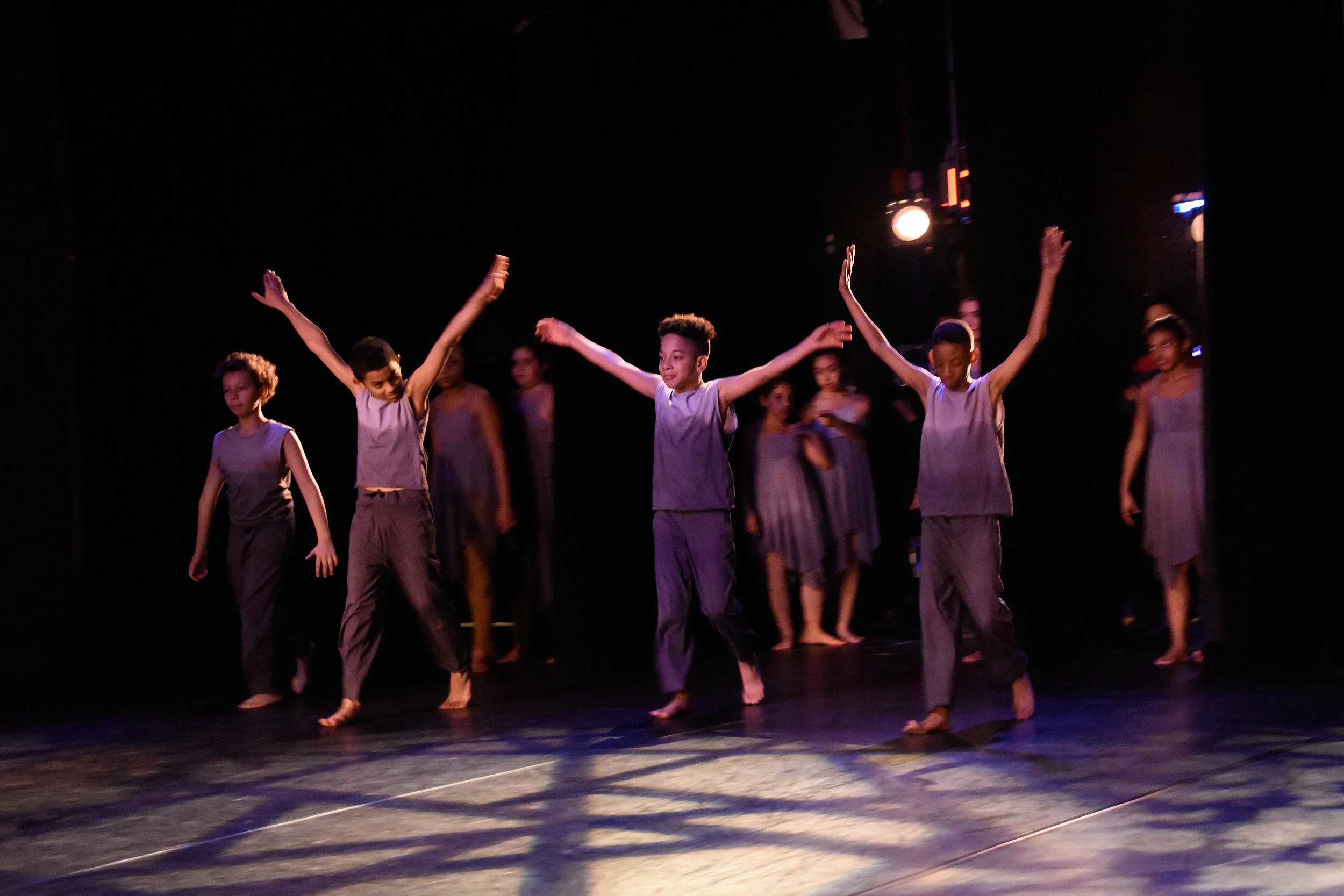Dancing is about the soul. Born Dancing is about inclusion in dance for children with disabilities. As the parent of two college-age sons who have autism, I will be writing about the wonderful, and exciting things happening at Born Dancing, along with some insights into my own almost 3 decades worth of parenting experiences.
You see, as soon as they could walk, heck even before they could crawl, the boys would move along with the music. It is an inherent human need to move to the beat of the drum. To glide to the wail of the wind. To stomp to the percussive beat. Dance allows your soul to soar. When humans dance, we are in the moment. We connect to the world around us. When humans dance, we are absolutely free.
Even before we knew the boys had autism, we took them to dance class. They loved music. I remember one day when my youngest was just 18 months old, and we were at the Bronx Zoo. Music was piped in over a loudspeaker, and he simply, in that unashamed way toddlers approach life, began to spin and move to the music. Music speaks to that part of us that may be primal, but it is also that part of us which is most human.
Now autism, as with certain other invisible disabilities, can be hard to diagnose. Unlike visually apparent disabilities, there are usually no outward signs that your child, or the person in front of you, has challenges. It may take years—even decades— for some people to be diagnosed with a developmental disability like autism, especially if they do not present as a textbook case.
Unfortunately, when our children were young, individuals with autism were not thought of as being intelligent. They were not thought of as having attachments. They were not thought of as wanting to have friends. They were not thought of as understanding what love is. Sadly, some people today still carry these outdated notions about individuals on the spectrum.
While we have been parenting children on the autism spectrum for decades now, it is far from over. The boys are in college and they have no idea what they want to do with their lives yet.
What have we learned on our life’s journey? First, is that unconditional love is the essence of your soul as a parent. This all empowering love enables you to be the warrior you need to be for your child. It is a good thing. Embrace it. Harness it. It is the fuel that moves you.
Second—that inclusion is an important part of any child’s program. Being able to be a part of the world around them helps any child grow, and develop, so they can achieve all that they can.
Lastly, is that you also cannot raise a child with a disability alone. You can try—but in truth—you need that special needs support village of experts/providers who can help guide you, and who you can rely on to work at getting the best out of your child... experts that include wonderful instructors who will bring to your child the gift of dance.
Born Dancing is the perfect example of inclusion working within the support village. Born Dancing gives a child with a disability the ability to access that part of themselves that is deeply ingrained in their DNA. It brings out their joy. Most importantly, it allows a child with a disability to be first and foremost simply a child.
Elise, an award-winning blogger, writes about the practical aspects of raising autistic children at her blog Raising Asperger’s Kids, http://practicalautism.com. She writes under the pen-name Elise Ronan, to protect her sons’ privacy, and has permission from them to tell their story.
Everything Elise writes about raising autistic children can be applied to any disability, invisible or even physical. There is information about creating your child’s support village, and practical information grouped by age. These direct pages can be found on the sidebar on her blog page. She is open to answering questions about her writings and helping other parents where she can. You can reach her at practicalautism@gmail.com.
Elise also writes a book review blog at Journaling on Paper, http://journalingonpaper.com. She reviews different genres from memoirs, to spy thrillers, murder mysteries, space operas, historical fiction, and more. She also explores the use of language, and its effects.


